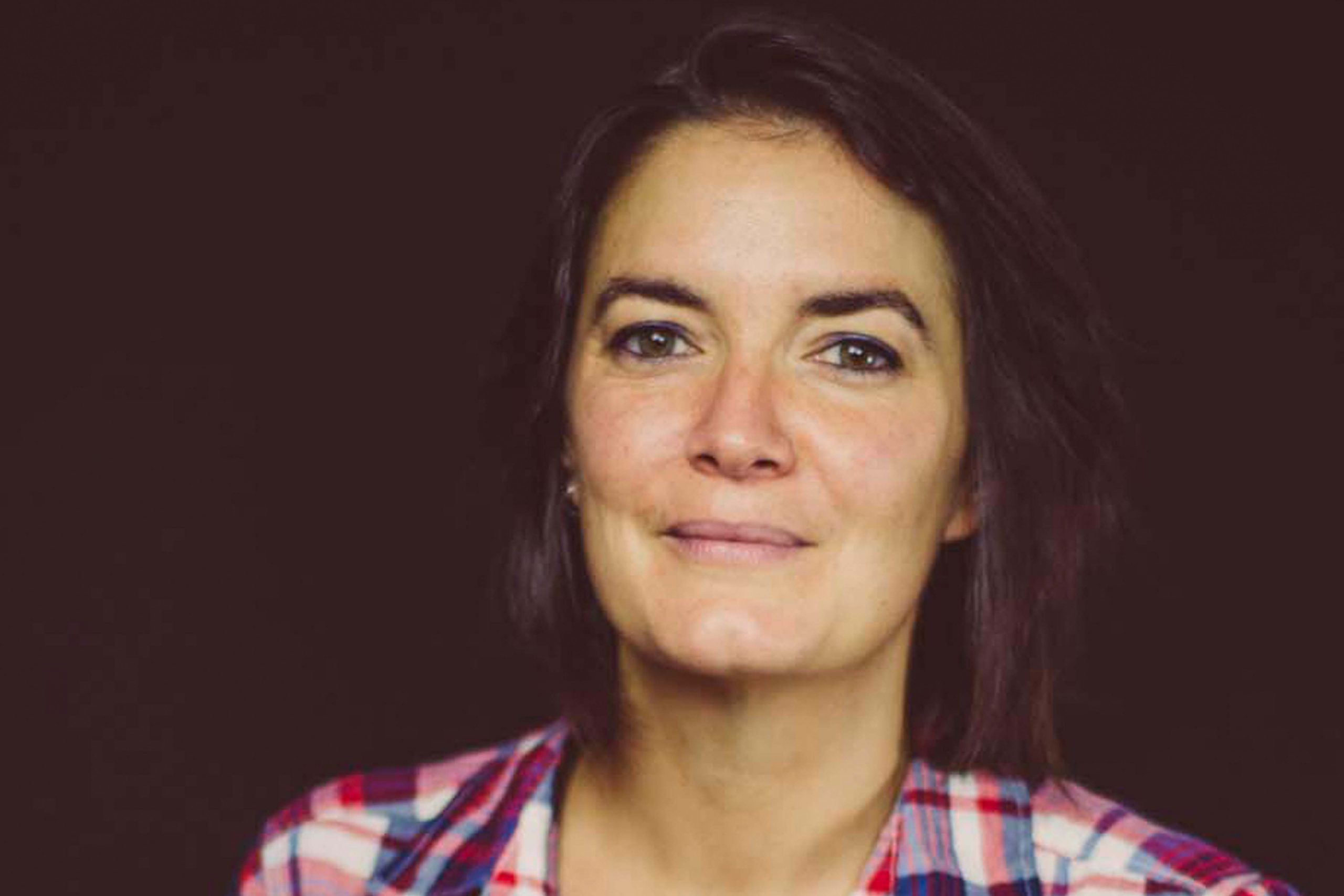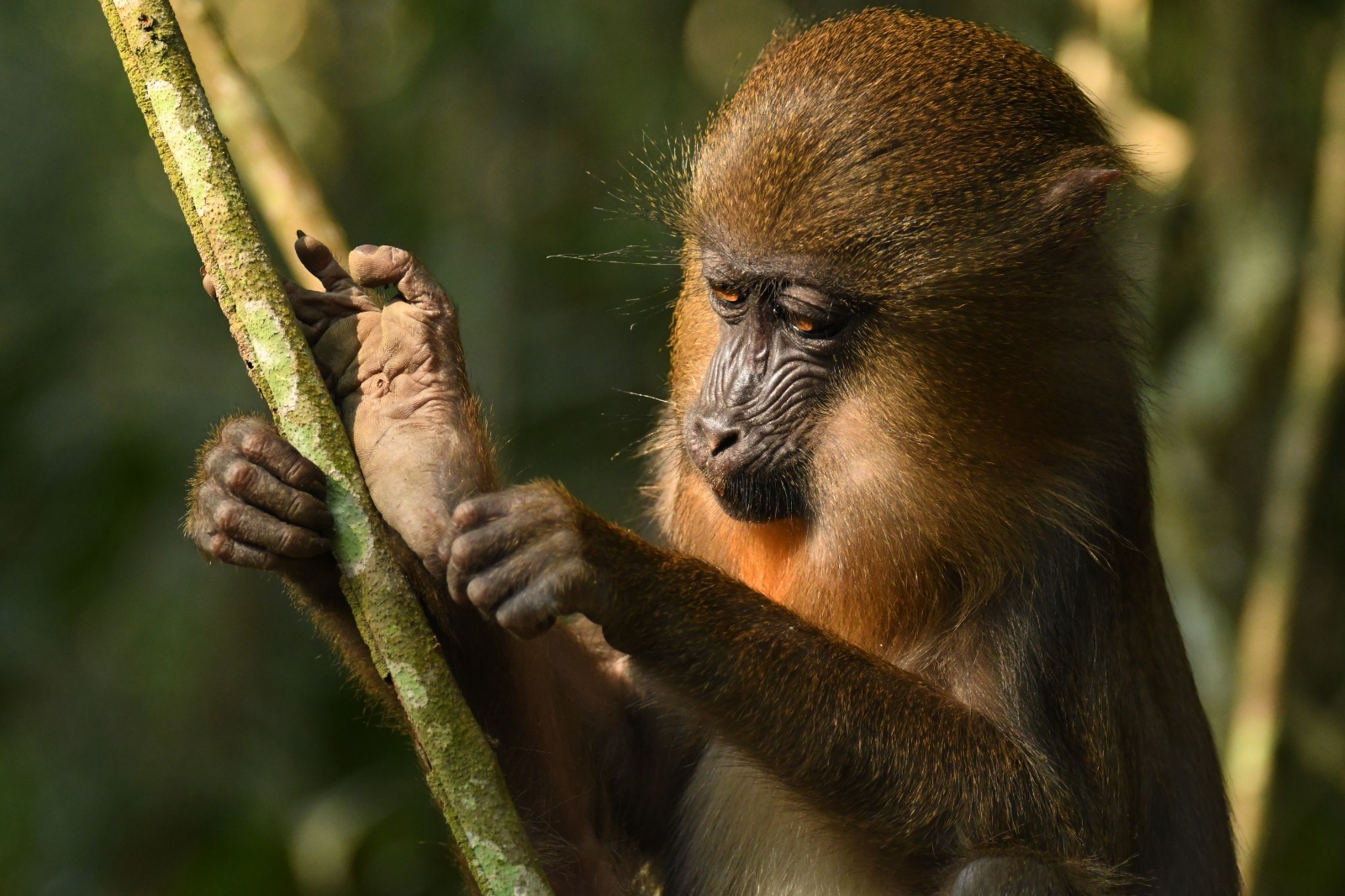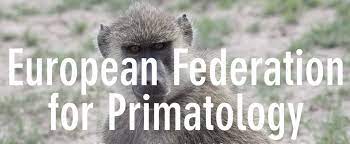Marie Charpentier
Research Director
I work on the evolution of sociality in primate societies using long-term, individual-centered data. Since 2012, I have been running a field station in southern Gabon (Parc de la Lékédi, Bakoumba) to study the world's only natural population of habituated mandrills. In this population, I study the main determinants of social relationships, such as kinship or individual parasite status, as well as the proximal factors that regulate these relationships.
The social microbiome: The missing mechanism mediating the sociality-fitness nexus?
In many social mammals, early social life and social integration in adulthood...
The Mandrillus Project
The Mandrillus project (www.projetmandrillus.com) is studying the socio-ecology of the only habituated population of wild mandrills...
Stillbirth of a mandrill (Mandrillus sphinx) in the wild: perinatal behaviors and delivery sequences
Birth is a fundamental event in the lives of animals, including our own...
83 documents
- Clémence Poirotte, Simon Benhamou, Andrela Mandjembe, Eric Willaume, Peter M Kappeler, et al.. Gastrointestinal parasitism and recursive movements in free-ranging mandrills. Animal Behaviour, 2017, 134, pp.87-98. ⟨10.1016/j.anbehav.2017.10.013⟩. ⟨hal-02079741⟩
- Hanae Pouillevet, Serge-Ely Dibakou, Barthélémy Ngoubangoye, Clémence Poirotte, Marie Charpentier. A Comparative Study of Four Methods for the Detection of Nematode Eggs and Large Protozoan Cysts in Mandrill Faecal Material. Folia Primatologica, 2017, 88 (4), pp.344-357. ⟨10.1159/000480233⟩. ⟨hal-02079735⟩
- Michaël Beaulieu, Laure Benoit, Steven Abaga, Peter M Kappeler, Marie Charpentier. Mind the cell: Seasonal variation in telomere length mirrors changes in leucocyte profile. Molecular Ecology, 2017, 26 (20), pp.5603-5613. ⟨10.1111/mec.14329⟩. ⟨hal-02079739⟩
- Gontran Nsi Akoue, Wilfried Mbading-Mbading, Eric Willaume, Alain Souza, Bertrand Mbatchi, et al.. Seasonal and individual predictors of diet in a free-ranging population of mandrills. Ethology, 2017, 123 (9), pp.600-613. ⟨10.1111/eth.12633⟩. ⟨hal-02079734⟩
- Marie Charpentier, Mélanie Harté, Barthélémy Ngoubangoye, Anaïs Herbert, Peter M Kappeler, et al.. Visual Discrimination of Kin in Mandrills. Ethology, 2017, 123 (3), pp.251-259. ⟨10.1111/eth.12596⟩. ⟨hal-02079723⟩
- Alice Percher, Alejandro Romero, Jordi Galbany, Gontran Nsi Akoue, Alejandro Pérez-Pérez, et al.. Buccal dental-microwear and dietary ecology in a free-ranging population of mandrills (Mandrillus sphinx) from southern Gabon. PLoS ONE, 2017, 12 (10), pp.e0186870. ⟨10.1371/journal.pone.0186870⟩. ⟨hal-02079747⟩
- Stéphane Blanc, Gilles Boëtsch, Martine Hossaert-Mckey, François Renaud (Dir.). Ecologie de la santé. Edition du Cherche Midi CNRS, 176 p., 2017, Documents (Cherche Midi), ISBN: 9782749154251 9782749154251. ⟨hal-02785631⟩
- Clémence Poirotte, François Massol, Anaïs Herbert, Eric Willaume, Pacelle Bomo, et al.. Mandrills use olfaction to socially avoid parasitized conspecifics. Science Advances , 2017, 3, pp.e1601721. ⟨10.1126/sciadv.1601721⟩. ⟨hal-01525791⟩
- Clémence Poirotte, Didier Basset, Eric Willaume, Fred Makaba, Peter M Kappeler, et al.. Environmental and individual determinants of parasite richness across seasons in a free-ranging population of Mandrills ( M andrillus sphinx). American Journal of Physical Anthropology, 2016, 159 (3), pp.442-456. ⟨10.1002/ajpa.22888⟩. ⟨hal-02079717⟩
- Clémence Poirotte, Peter M Kappeler, Barthélémy Ngoubangoye, Stéphanie Bourgeois, Maick Moussodji, et al.. Morbid attraction to leopard urine in Toxoplasma-infected chimpanzees. Current Biology, 2016, 26 (3), pp.R98-R99. ⟨10.1016/j.cub.2015.12.020⟩. ⟨hal-02079718⟩
Follow Me On

Contact Info
Specialty
Mandrills, Primatology, Sociality


